Shin Splints or Medial Tibial Stress Syndrome (MTSS) is a common injury that affects runners of all ages and levels. Lets take a closer look at how you can recognise and best manage MTSS:
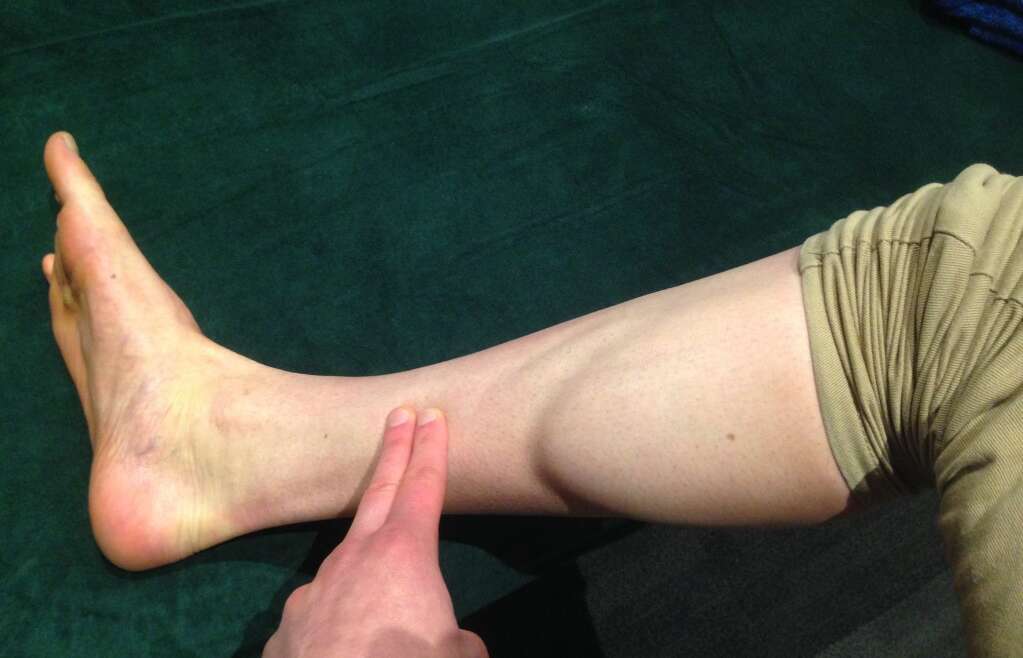

Shin Splints or Medial Tibial Stress Syndrome (MTSS) is a common injury that affects runners of all ages and levels. Lets take a closer look at how you can recognise and best manage MTSS:
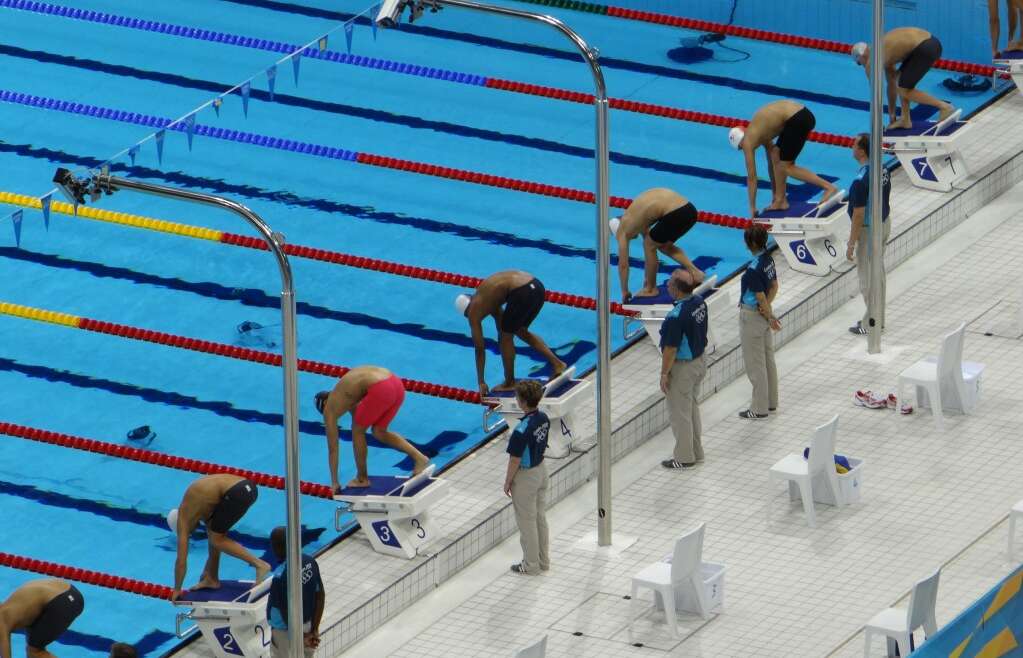
Swimming is a fantastic way of exercising; it is non-weight bearing, can help improve the strength and flexibility of your muscles and joints, and good for general health. Building on from last week’s article, the fundamentals of freestyle, the tips in this article will have you gliding through the pool effortlessly in no time at all.
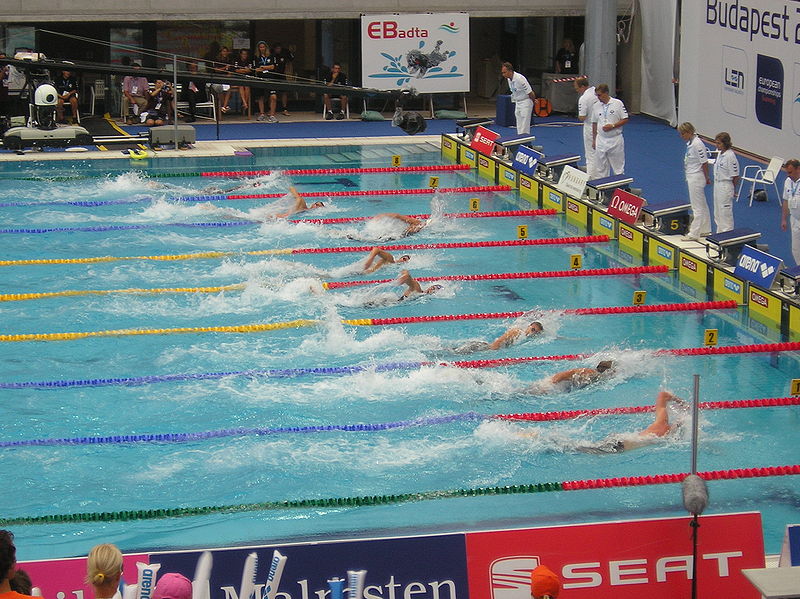
You may not realise, but the stroke swimmers use in the freestyle event is actually called the ‘front crawl’. Freestyle means you can swim with any style you like- the fastest stroke just so happens to be the ‘front crawl’. Swimming is a great form of exercise, but many people who have not been taught to swim effectively at a young age can be put off by its technical nature. This article breaks down the fundamental parts of the front crawl to help you better understand and improve your swimming.
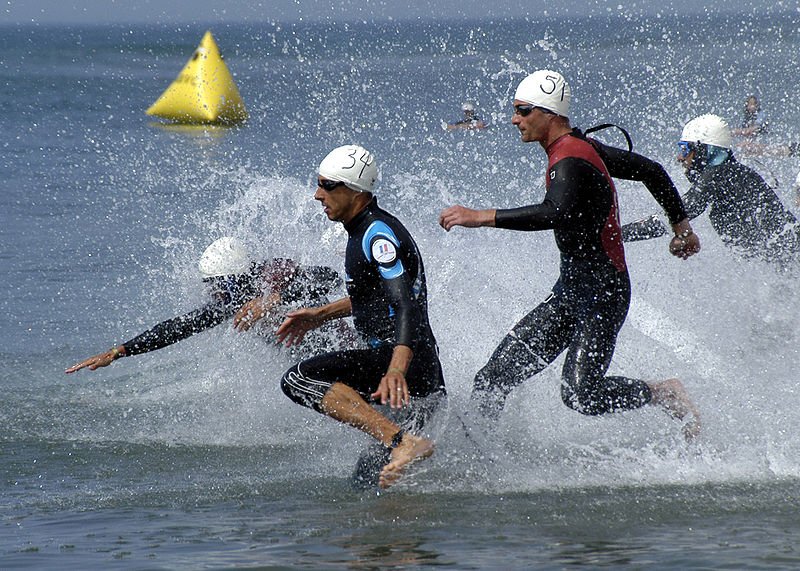
Triathlon is an incredibly enjoyable and rewarding sport and is now more popular than ever. However, it can be demanding on the body and occasionally lead to injuries. Given that triathlon consists of three components, it is helpful to break it down into each part. Here’s how an Osteopath at the Competitive Sports Clinic would assess, treat and manage a triathlete.
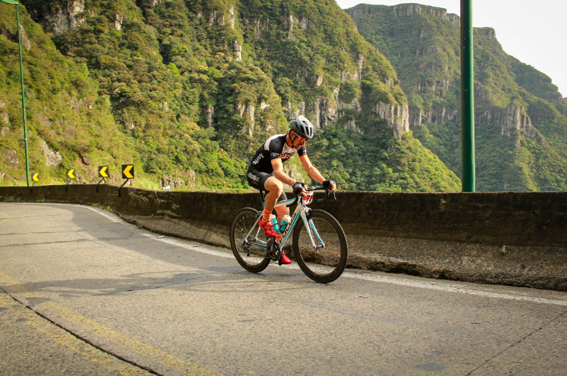
It is well known that weight-bearing exercise is very important for bone development and bone density. Cycling, despite being challenging for your cardio vascular system, doesn’t put a lot of weight-bearing stress through bones in your body the way running or weight training does.
Let’s take a look at what ‘weak bone’ actually is and if cyclists are at risk of developing it.

If you haven’t been so lucky to travel overseas this year, why not try and bring some multiculturalism into your training. Throwing in some variety to your training can help prevent against boredom and burnout. Follow this tour of strength training to feel like you’ve been around the world in 60 minutes.

Sleep is a critical component of many biological functions. It serves to help regulate your mood, immune system, growth and adaption to exercise, and even how much you eat. When an individual is training at a high level, the importance of sleep increases significantly. This article will look at some of the research on the relationship between sleep and elements of athletic performance.
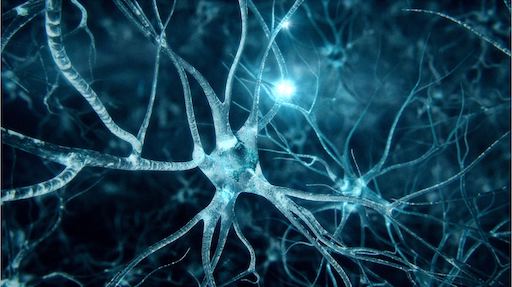
By Dr Julia Adams (Osteopath) | Have you ever experienced pain? I’m guessing the answer is YES. Some people only experience pain infrequently, like when they stub their toe on something and immediately jump back, wincing. For others, pain is a constant, unrelenting, frustration that has a really huge impact on their life. In the last few years, a lot…